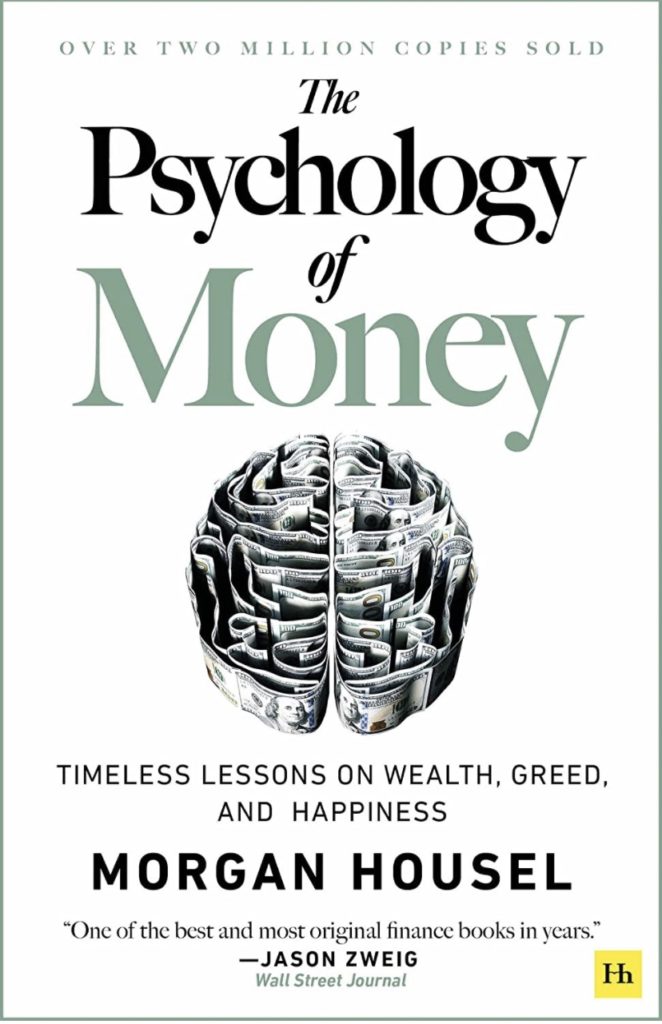
The Psychology of Money: Timeless lessons on wealth, greed, and happiness by Morgan Housel is a book that explores the psychological and emotional factors that drive our relationship with money. The author, Morgan Housel, offers timeless lessons on wealth, greed, and happiness, drawing on a wide range of historical and contemporary examples to illustrate his points. Some key points from the book include:
1. Money is a tool, not a goal
The pursuit of money for its own sake is misguided and can lead to negative consequences. Instead, money should be seen as a means to an end, and used to achieve the things that truly matter to us, such as security, independence, and happiness.
2. Our emotional relationship with money
Our feelings about money are often complex and can be influenced by a range of factors, including our upbringing, our experiences, and our cultural beliefs. Understanding and managing our emotional relationship with money is key to making good financial decisions.
3. The dangers of short-term thinking
Human beings are naturally inclined to focus on the present and the immediate future, rather than thinking about the long term. This tendency can lead to poor financial decisions, such as spending too much, taking on too much debt, or failing to save for the future.
4. The importance of diversification
Diversifying our investments is a key way to manage risk and protect our wealth. By spreading our money across different asset classes, industries, and geographic regions, we can reduce the impact of any one investment that may not perform well.
5. The value of patience and discipline
Building wealth takes time, and it requires patience and discipline. This means setting long-term goals, making a plan to achieve them, and sticking to that plan even when it is tempting to take shortcuts or make impulsive decisions.
Overall, The Psychology of Money is a thought-provoking and insightful book that offers valuable insights into the complex relationship between money and happiness.